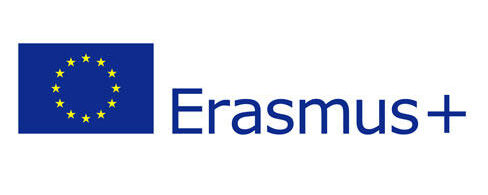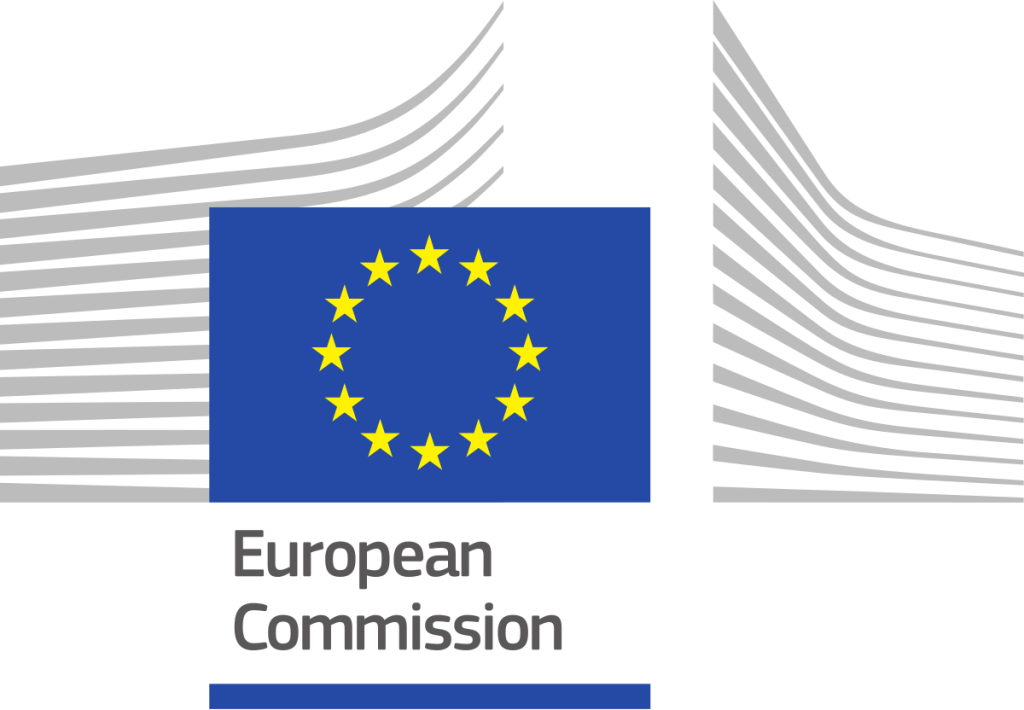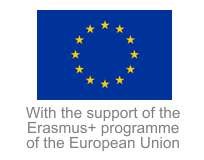National Erasmus + Office +382 20 223 087
Erasmus+: Capacity-building projects in higher education
Erasmus+: Capacity-building projects in higher education’ build on the success of the former Alfa, Edu-link and Tempus programmes and aim to:
- Support the modernisation, accessibility and internationalisation of higher education in the Partner Countries;
- Promote cooperation between Programme Countries and eligible Partner Countries (as well as among eligible Partner Countries themselves);
- Promote voluntary convergence with EU developments in higher education;
- Promote people-to-people contacts, intercultural awareness and understanding.
What does it support
Capacity-building projects are transnational cooperation projects, based on multilateral partnerships, primarily between higher education institutions from Programme and eligible Partner Countries.
Joint projects operate at micro level and target higher education institutions in the eligible Partner Countries specifically.
They aim to modernise and reform higher education institutions through activities such as:
- Developing new curricula or improving existing ones;
- Improving governance and management systems;
- Building relationships between higher education institutions and relevant socio-economic actors.
Structural projects operate at macro level and target national higher education systems and policies in the eligible Partner Countries. They involve activities such as:
- Modernisation of policies, governance and management of higher education systems;
- Strengthening relations between higher education systems and the wider socio-economic environment.
Projects can involve, where relevant, NGOs, SMEs and any other organisations with links to higher education institutions.
Who can benefit from it
The focus of capacity-building projects is primarily on the higher education institutions themselves. However, academic and administrative staff in higher education institutions, students and public administrations and national authorities (such as Ministries) can all benefit from these projects.
Timetable
The Erasmus+ Call for projects in the field of capacity building for higher education will be published in autumn 2014. The relevant sections in the Programme Guide and application form will be available then.
What support is available
The grant is intended to support the following costs related to the implementation of the project:
- Staff costs
- Travel costs and costs of stay
- Equipment costs
- Other direct and indirect costs.
Who can apply
The following types of participating organisations can apply for a grant:
- a higher education institution
- an association or organisation of higher education institutions
- for Structural Projects only: a legally recognized national or international rector, teacher or student organisation located in a Programme or in an eligible Partner Country.
This organisation applies on behalf of all participating organisations involved in the project.
How applications are selected
All project proposals are assessed by the Executive Agency receiving the application, exclusively on the basis of the criteria described in the Call for Proposals when published.
The assessment implies:
- a formal check to verify that the eligibility and exclusion criteria are respected;
- a quality assessment to evaluate the extent to which the participating organisations meet the selection criteria and the project meets the award criteria. Such quality assessment is carried out with the support of independent experts.
The quality of eligible applications will be assessed on the basis of the following criteria:
- Relevance of the project
- Quality of the project design and implementation
- Quality of the project team and the cooperation arrangements
- Impact, dissemination and sustainability
What happens if applications are selected
All applicants will receive a written notification of the outcome of the selection procedure as well as feedback on the evaluation of their application.
For applications that have been selected for EU financing the EACEA will contact the applicants if any further action is required before awarding the contract.
EACEA will produce a grant agreement detailing the conditions and the level of funding.
Further information will be provided at the time of the publication of the Call for Proposals.






